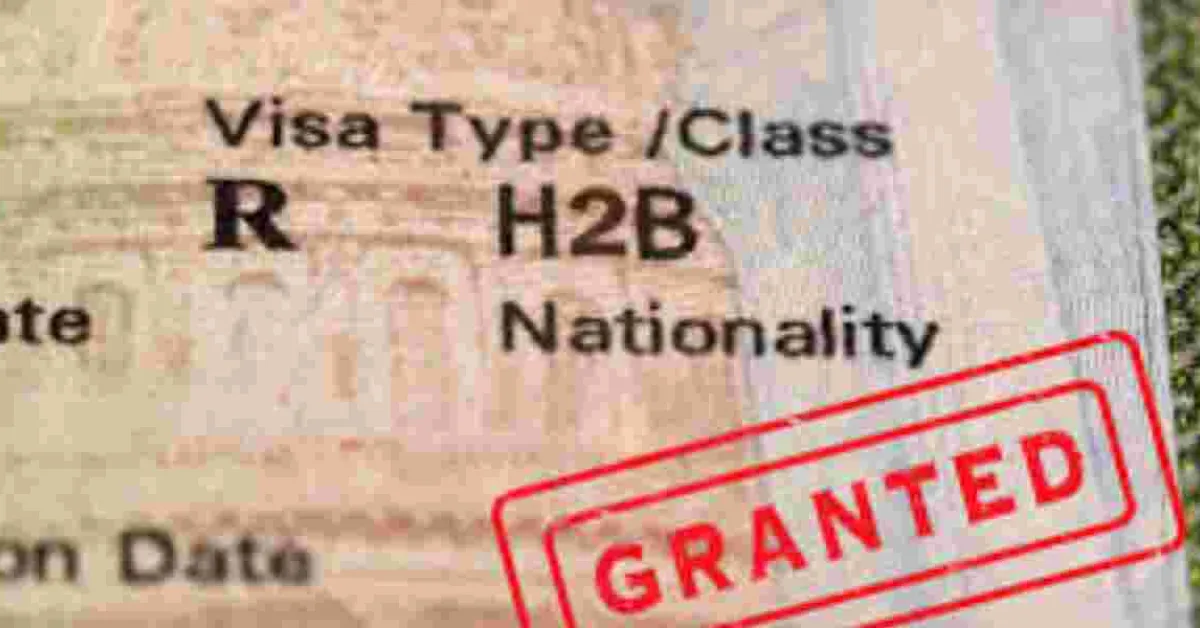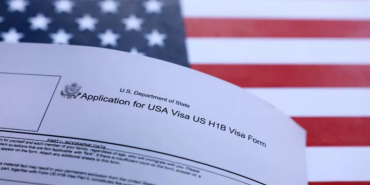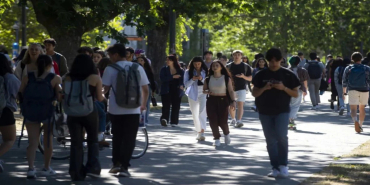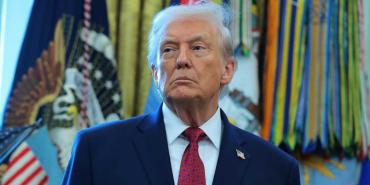No More H-2B Visas Available Until April 2025, USCIS Reports

The US Citizenship and Immigration Services (USCIS) has announced that the H-2B visa cap for the first half of the 2025 fiscal year has been reached.
This development carries significant implications for US employers seeking to hire temporary nonagricultural workers from abroad. As of September 18, 2024, USCIS will no longer accept new H-2B visa petitions for employment commencing before April 1, 2025. This situation has raised concerns across various industries that rely heavily on foreign labour to fill temporary positions. The H-2B visa program is designed to assist US employers in hiring foreign workers when there is a shortage of qualified American applicants for specific temporary, nonagricultural jobs. This visa category is particularly crucial for sectors such as hospitality, construction, landscaping, and seasonal tourism where labour demand fluctuates throughout the year.
The program has an annual cap of 66,000 visas, evenly distributed between two periods: 33,000 for workers starting employment from October 1 to March 31, and another 33,000 for those beginning between April 1 and September 30. With the current cap reached, American businesses are likely to face difficulties in securing seasonal labour until the second half of the fiscal year. Companies in the hospitality sector, for instance, may struggle to find sufficient workers during peak seasons if they fail to file petitions in time or explore alternative labor sources. The impact of this limitation is particularly pronounced in tourist-dependent industries that experience seasonal fluctuations.
Many establishments in these sectors rely on H-2B workers not only to provide essential services but also to maintain quality standards during periods of high demand. A shortage of qualified labour can lead to reduced service efficiency, potentially affecting customer satisfaction and overall business performance. It is important for businesses and employers to be aware of certain exceptions to the H-2B visa cap that may provide some relief for their staffing needs. Current H-2B workers already in the United States have the option to extend their stay or change employers, offering businesses some flexibility in retaining experienced workers. Additionally, fish roe processors, technicians, and supervisors of fish roe processing are exempt from this cap.
Special provisions also exist for workers performing labour in the Commonwealth of the Northern Mariana Islands and Guam from November 28, 2009, to December 31, 2029. Given these circumstances, businesses are advised to file their petitions early when applying for H-2B visas for temporary positions in the first half of fiscal year 2025. Employers may also need to diversify their workforce strategies by exploring alternative visa options, such as the H-1B visa for skilled workers, or by intensifying efforts to recruit US citizens.














Comments
Someone should advise the US…
Permalink
Someone should advise the US service employers to see Ruto who is auctioning Kenyans for cheap slavish labor abroad.
Add new comment